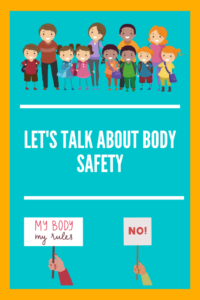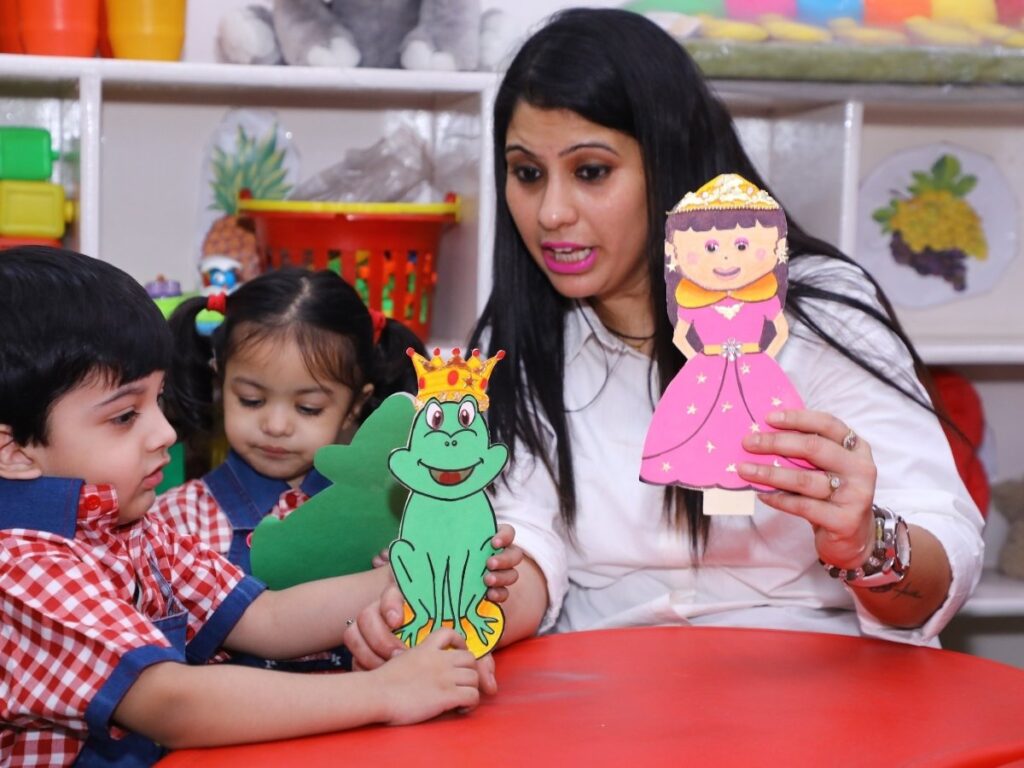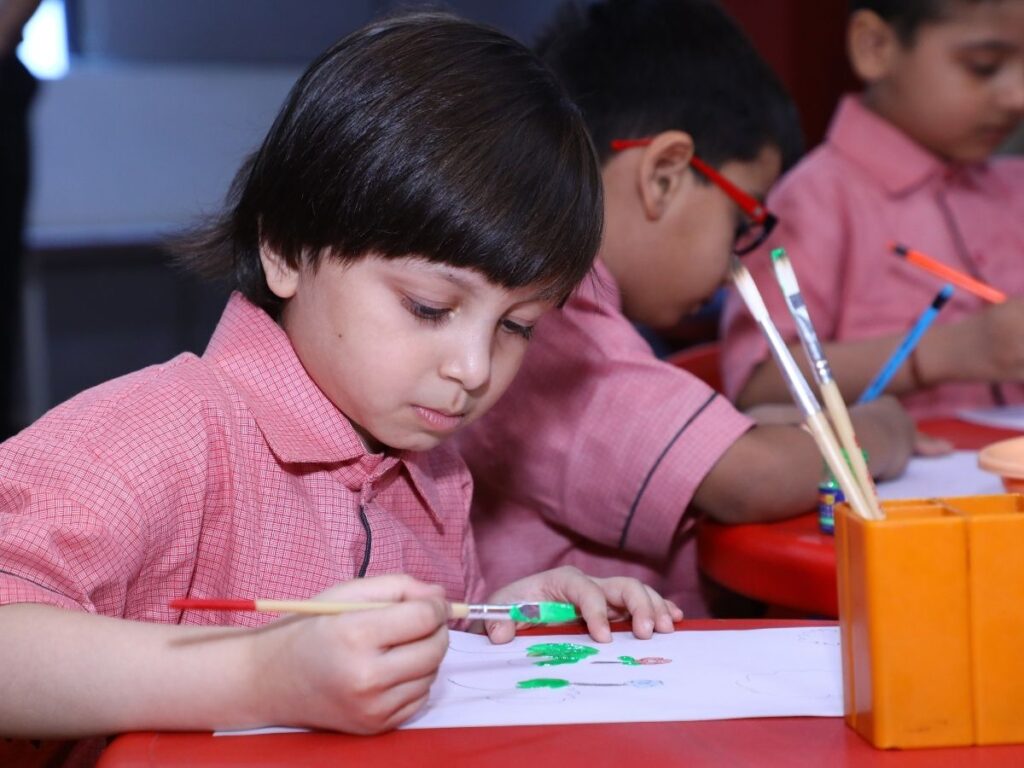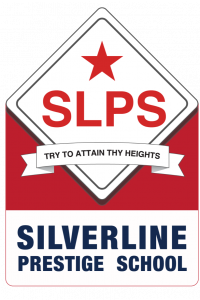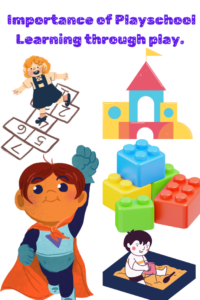
Welcome To The Silverline Prestige School
CBSE, IB, or ICSE: A Perspective To Help Make An Informed Choice.
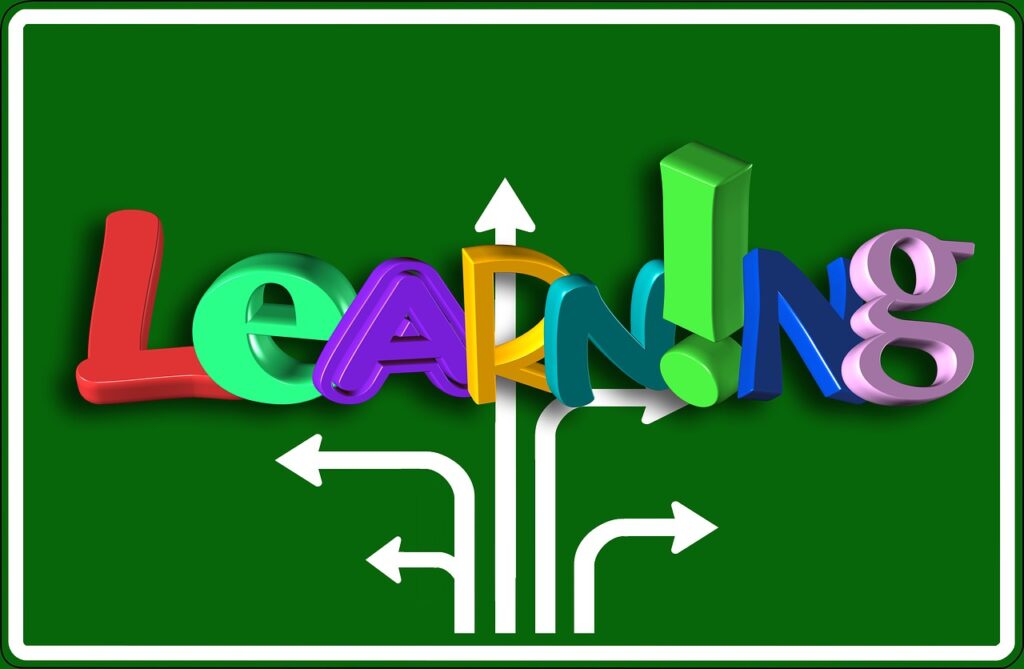
In simple terms, we define curriculum as a body of subjects we want our children to derive their learnings from. How this curriculum will be delivered and measured also forms an integral part of this definition. In this blog, we delve into the key points of the most prevalent boards in India.
Parents often face the conundrum of choosing the right education board for their children. This conundrum is good. Why? Because, as opposed to having only CBSE and state boards in our times, today presence of multiple boards in India facilitates progressive learning for the child.
The choice of curriculum/board is based on the following parameters and should be able to answer the following questions:
- Is the board a right fit according to my child’s aptitude?
- Does the board provide the choice of subjects I am considering?
- Does it include extracurriculars to provide a well-rounded development?
- Is the assessment criteria too stringent or is it progressive?
- Does it integrate and transition well with the professional path?
- Is it within my financial means?
CBSE, IB, and ICSE are the three most studied curriculums in the country. It is pertinent to note, that no board is superior to the other. But each board offers a unique learning path.
Let us discuss these, one by one.
The board was established in 1929, and is managed by the Govt of India. Today, there are over 26,000 CBSE affiliated schools in the country and 240 schools abroad.
Key Features of the Board:
- The board follows NCERT Curriculum.
- Classes covered are from Nursery to Class XII.
- The medium of instruction is Hindi and English as well.
- Exams Conducted by the board include:
- Class X
- Class XII
- CTET
- Entrance exams to major engineering, medical and architecture, and pre-dental undergraduate colleges.
- Assessments are categorised as
- Formative: Conducted four times a year
- Summative: Conducted twice a year
- The assessment system followed is grade-based.
- The curriculum encompasses Scholastic and Non-Scholastic areas.
- Scholastic Curriculum:
- Academic Subjects range from languages to core subjects like Maths, Biology, Physics, and Chemistry.
- Skill electives from the fields of Hospitality, Healthcare, Fashion, Agriculture, Mass-Media and Banking are also offered to the students.
- Non-Scholastic Curriculum:
- Health and Physical Education
- General Studies
- Scholastic Curriculum:
- The syllabus is compact, comprehensible, and dispensed via nominally priced textbooks.
- Board exams in grade X are optional. However, grade XII exams are mandatory.
- Due to the extensive presence of the board in every city, transferring to CBSE schools in different cities is a seamless process.
To summarise, the CBSE board provides holistic education. It is a more science and math centric board. Hence, CBSE students tend to fare well in medical and engineering competitive exams. The curriculum is not cumbersome. In fact, it is student-friendly.
Under the National Education Policy, more progressive changes are set to be implemented to the CBSE board.
Recommended Read: National Education Policy And Its Key Takeaways
The IB board was founded in 1968 and is headquartered in Geneva, Switzerland. There are about 200 schools in India offering one or more of the IB programmes.
IB curriculum is:
- Inquiry-Based.
- Focussed on conceptual learning.
- Develops IB learner profile.
- Aims to provide transdisciplinary learning.
- Encourages Collaborative learning.
IB offers four types of programmes:
Primary Years Programme (PYP):
- PYP is offered by 124 schools in India.
- Grades covered are from kindergarten to grade 5. Children aged 3 to 12 study in the primary years programme.
- The curriculum explores six transdisciplinary subjects which are globally significant.
- Students have to complete a PYP exhibition programme at the end of the Primary Years.
- Assessment entails firstly pre-assessment, followed by formative assessment, next is the summative assessment, and lastly reflective assessment.
Middle Years Programme:
- MYP is currently offered by 51 schools.
- It is a five-year programme for grades 6 to 10 and students aged between 11-16.
- The curriculum covers eight subject groups and 16 transdisciplinary concepts.
- Students have to finish a Personal Project at the end of the MYP.
- Every subject has a different assessment criterion.
- A, B, C, D are the four categories of criterion and further evaluation is done on a scale of 1 to 7.
Diploma Programme:
- DP is offered by 152 schools and covers grades 11 and 12.
- Six subject groups are offered and students can choose a course from each group.
- Research-based 4000 worded essay is to be written for the final assessment.
- Theory of Knowledge course has to be completed.
- Students are required to complete 150 hours of Creativity Action Service (CAS) course.
- The assessment is both internal and external.
Career Related Programme:
Offered by only 1 school. It’s a two-year program for the age group 16-19 years old.
To Summarise:
- IB Board offers a balanced curriculum and is enquiry based.
- There is great flexibility when it comes to choosing subjects.
- The focus is more on concepts rather than textbook learning.
- It develops global skills and instils independent thinking.
- The difficulty level is high as compared to the CBSE and ICSE board.
- The board availability is limited to major cities only.
- It is an expensive course as compared to CBSE and ICSE.
- The medium of instruction is only English.
Council for Indian School Certificate Examinations is a private board established in 1956. Following are the key features of the board:
- ISC exams are conducted for grade 12th and ICSE exams are for grade tenth.
- The board also conducts the Certificate of Vocational Education (CVE) examination post 12th
- Schools have the liberty to choose their textbooks.
- ICSE offers an extensive choice of subjects.
- A theme-based approach is taken while teaching a subject.
- The board excels in teaching excellent English language and grammar skills.
- The syllabus is a year ahead of the other boards.
- The curriculum is project-based.
- The assessment includes class participation, projects, group activities apart from the internal assessment.
- For higher classes, assessment is given via marks/percentage.
- ICSE students are better aligned to get admissions in law, business administration, and humanities college.
- Equal emphasis is given to co-curricular activities.
- The curriculum design enables ICSE students to do well in exams like TOEFL.
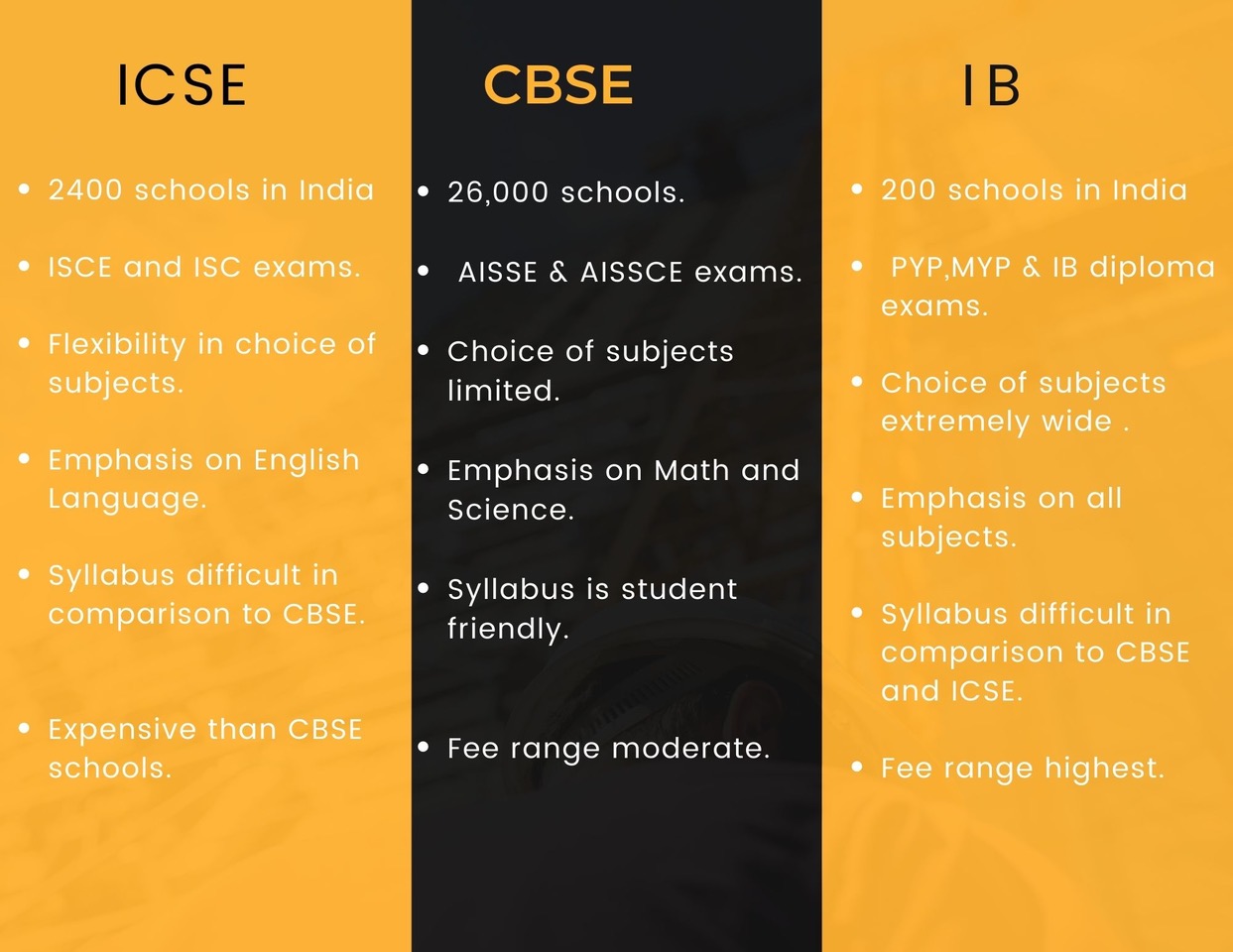
Concluding, all the boards strive to provide a well-balanced curriculum. However, the focus areas are varied. Before evaluating the boards, it will be prudent to analyse a child’s disposition towards the curriculum.
To pursue study opportunities abroad, it is not binding that one studies only the IB or ICSE curricula. Similarly, a CBSE student too will have a good grasp of the English language. There are no steadfast rules. The boards simply provide different learning platforms. How well the child would be able to align to these platforms is a parent’s discretion.
Silverline school is one of the top CBSE Schools, offering quality and well-rounded education in Ghaziabad. At Silverline school, the curriculum has enabled students to excel in every field. Our alumni have charted successful careers in varied sectors be it arts, business, entertainment, medicine, or engineering.

The school presents topics and concepts via blended models of learning, deriving the best from different curriculums. Learning is activity and project-based. Children are given exposure to not only theoretical concepts but are also taught the application of these concepts. Arts, Sciences, Computers, Sports, and Languages are given equal weightage.
For the early childhood years, a special focus is laid on giving exposure to diverse concepts. The unique teaching methodology instils inquiry and interest in the primary years. This inquiry by the student is further consolidated in the middle years. The higher classes see these concepts getting further crystallized, which leads to a well-defined career path.
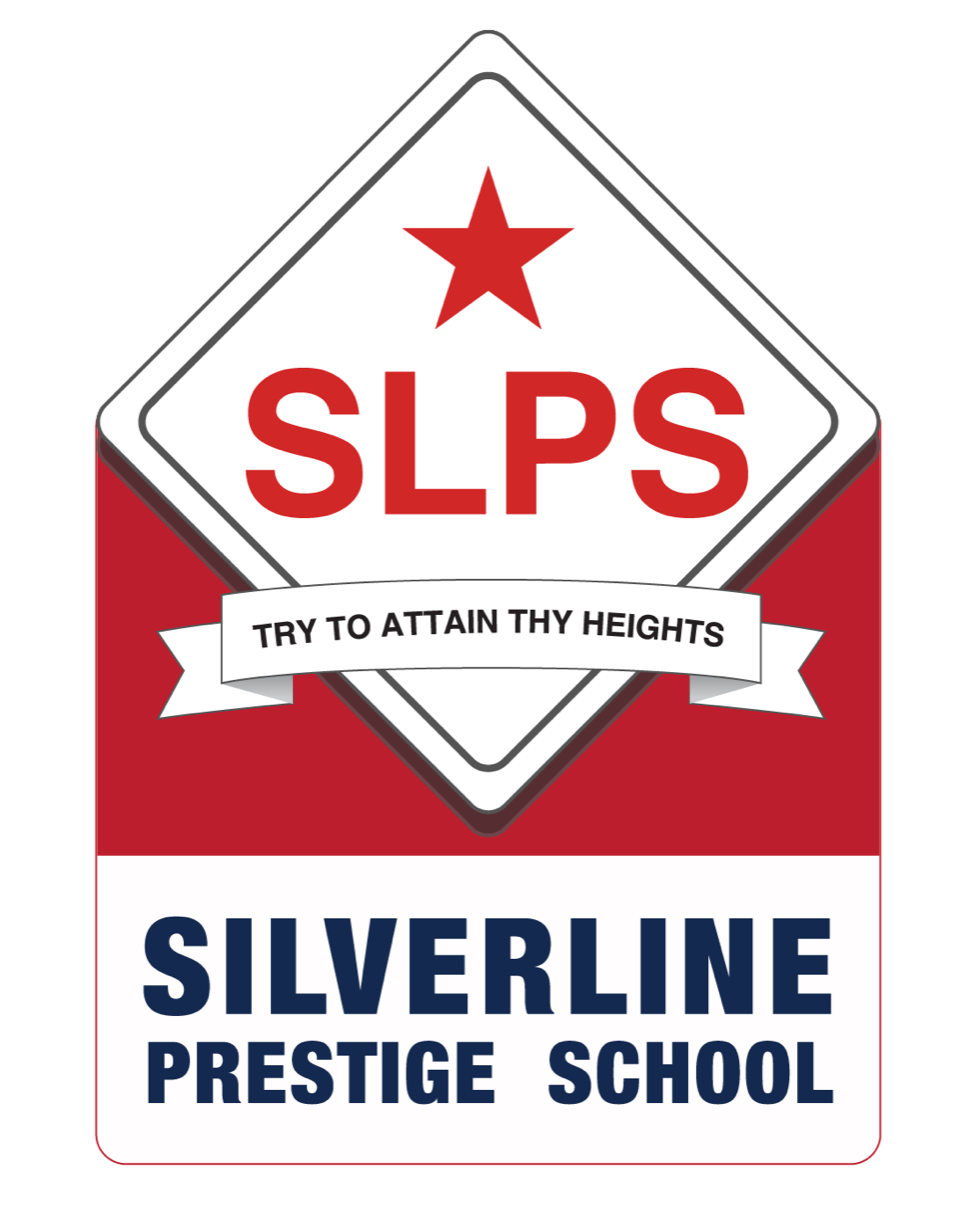
The Silverline Prestige School, Ghaziabad
Recent Posts

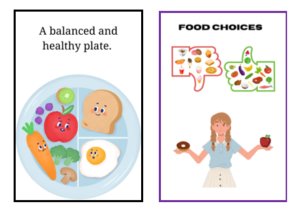
Nutrition for school-going children: What’s on your child’s plate?

Green Clean Globe: A Tree Planting Initiative by Silverline Prestige.

